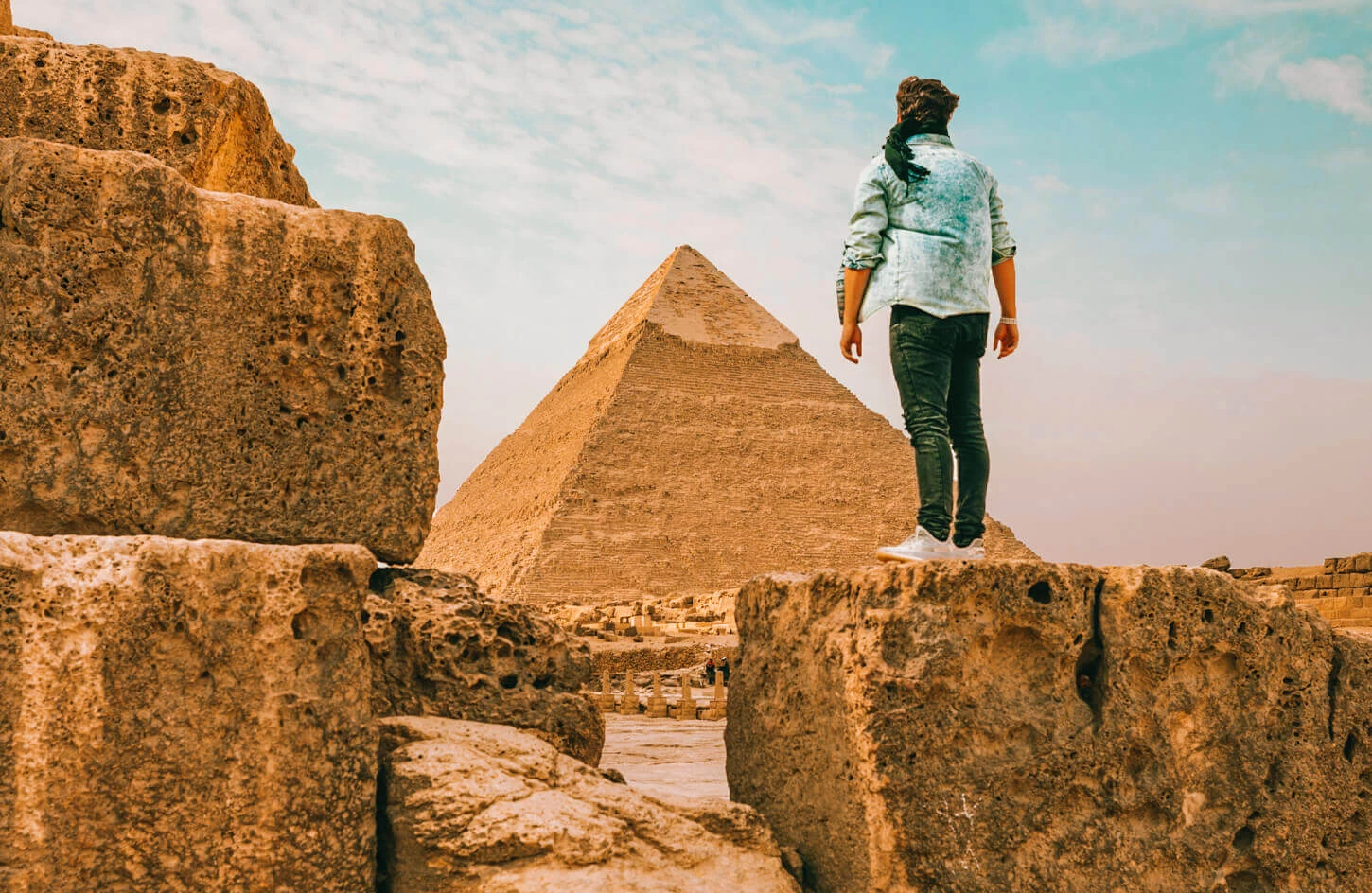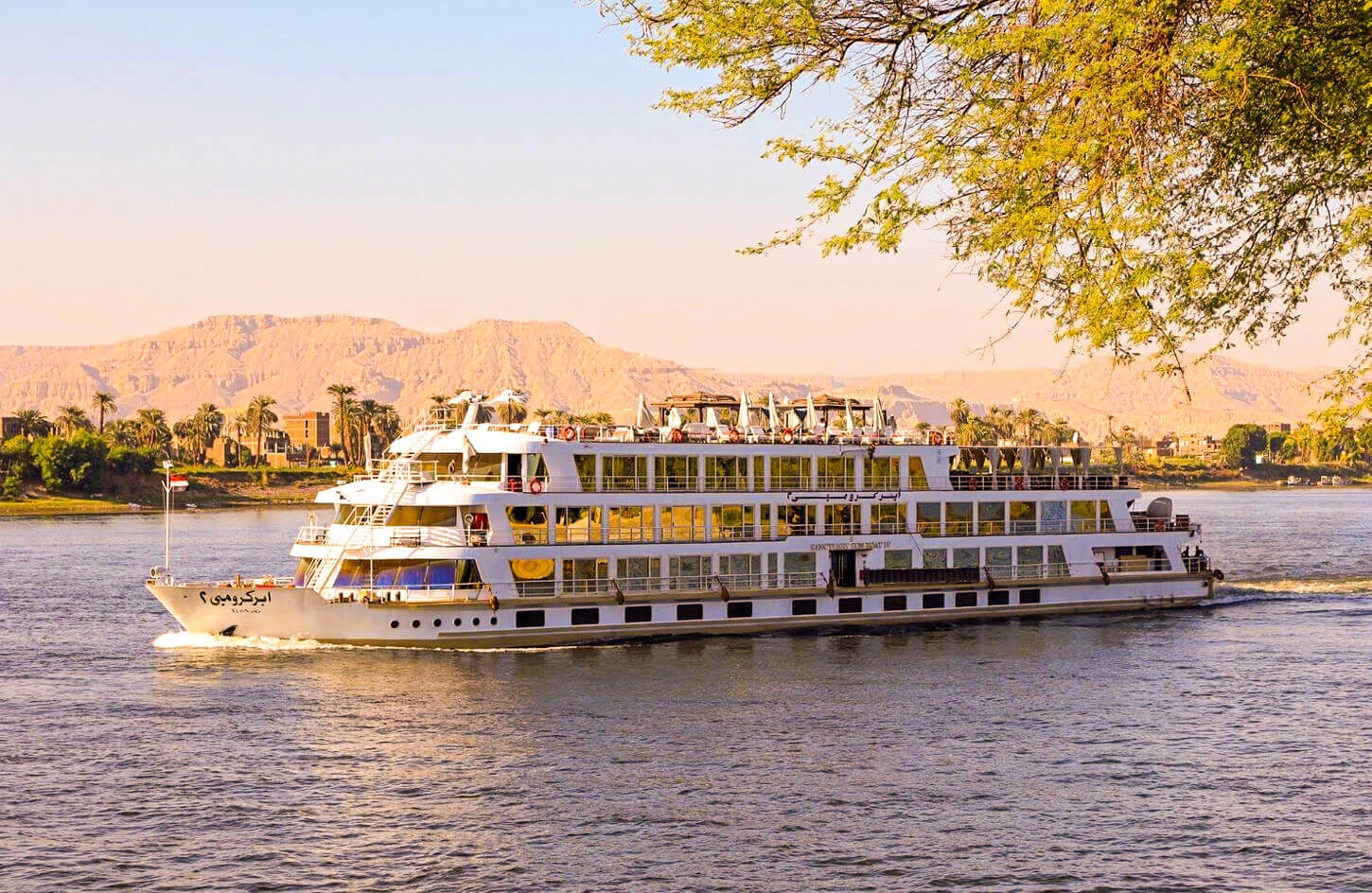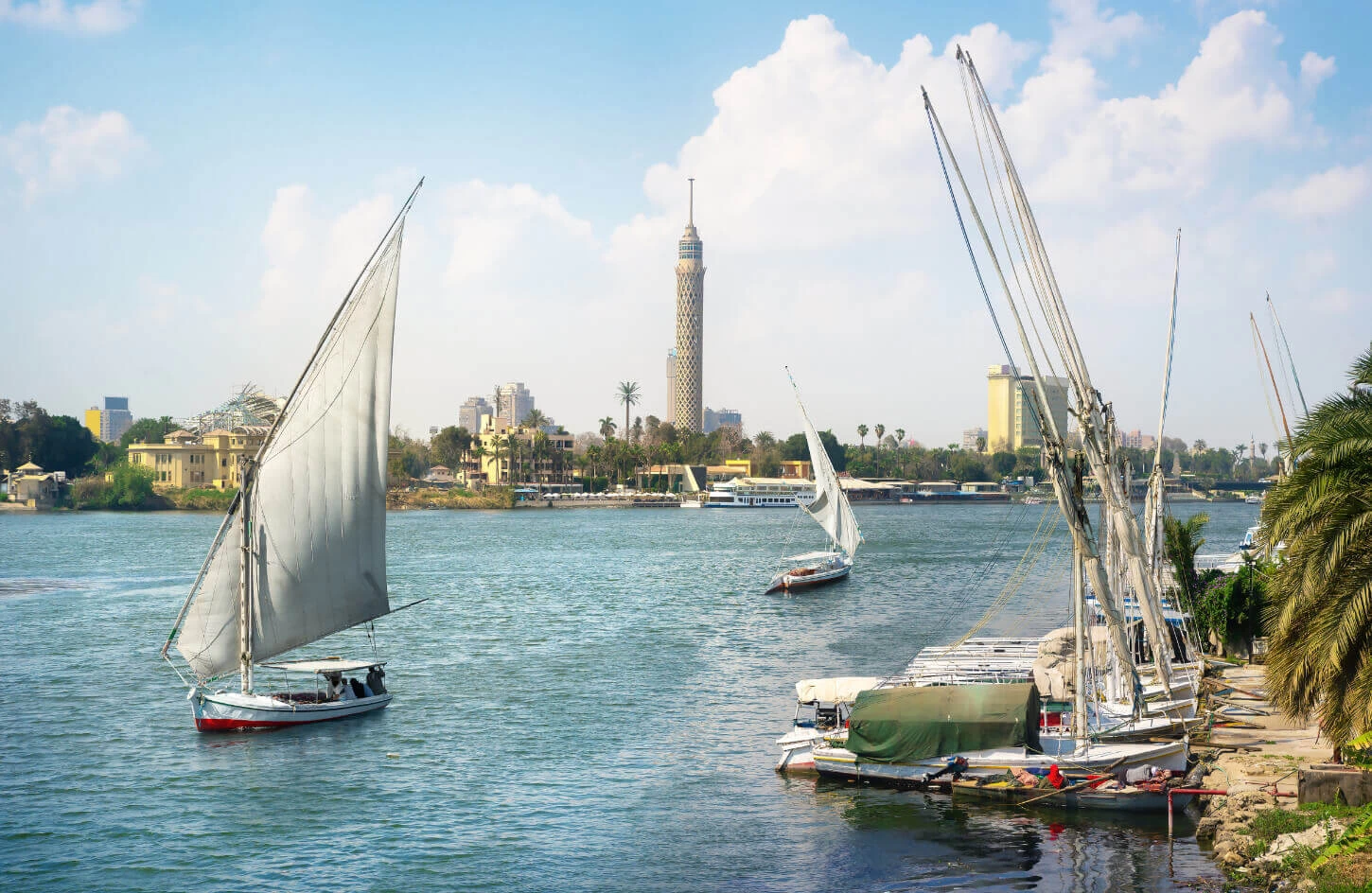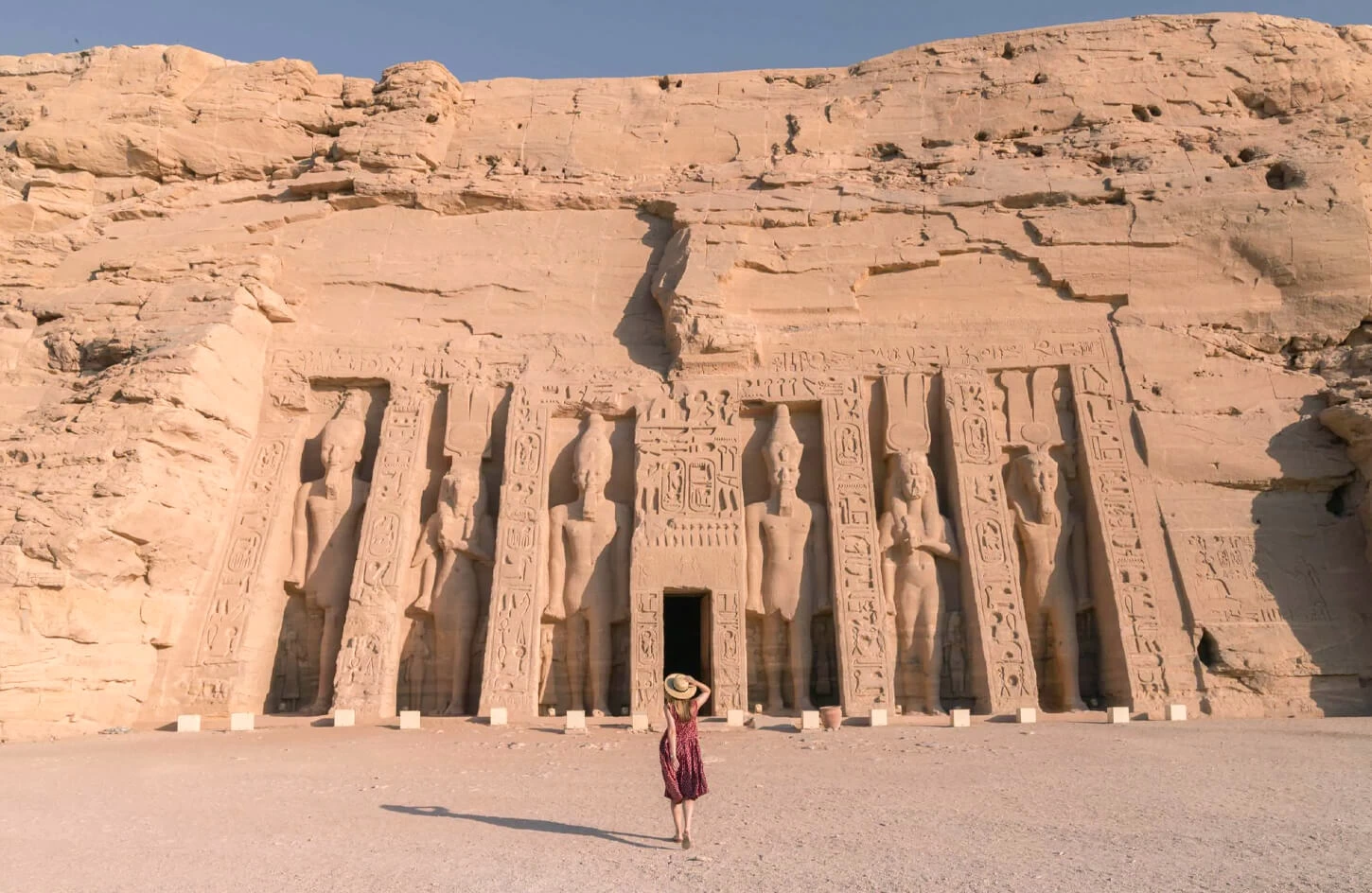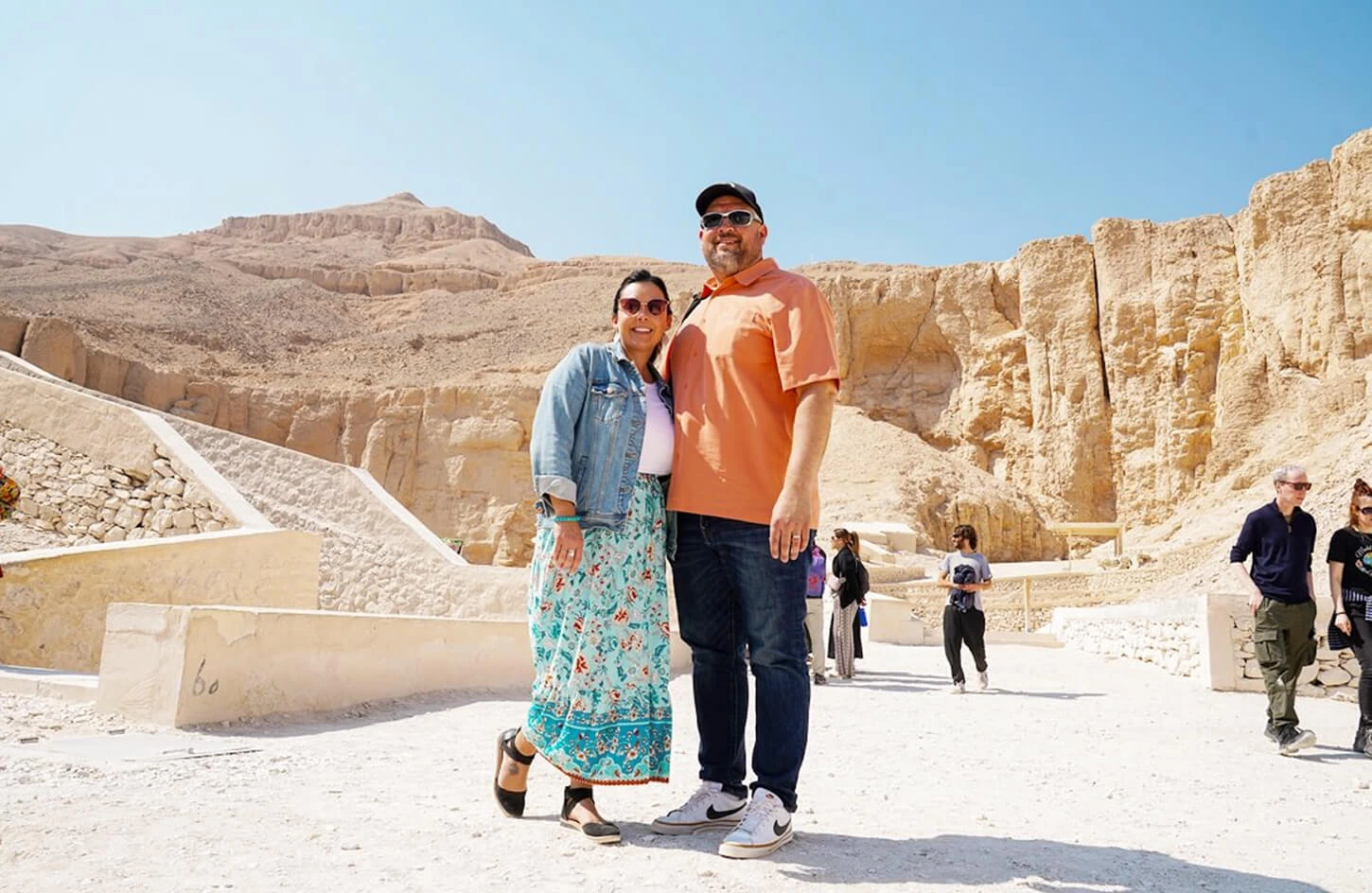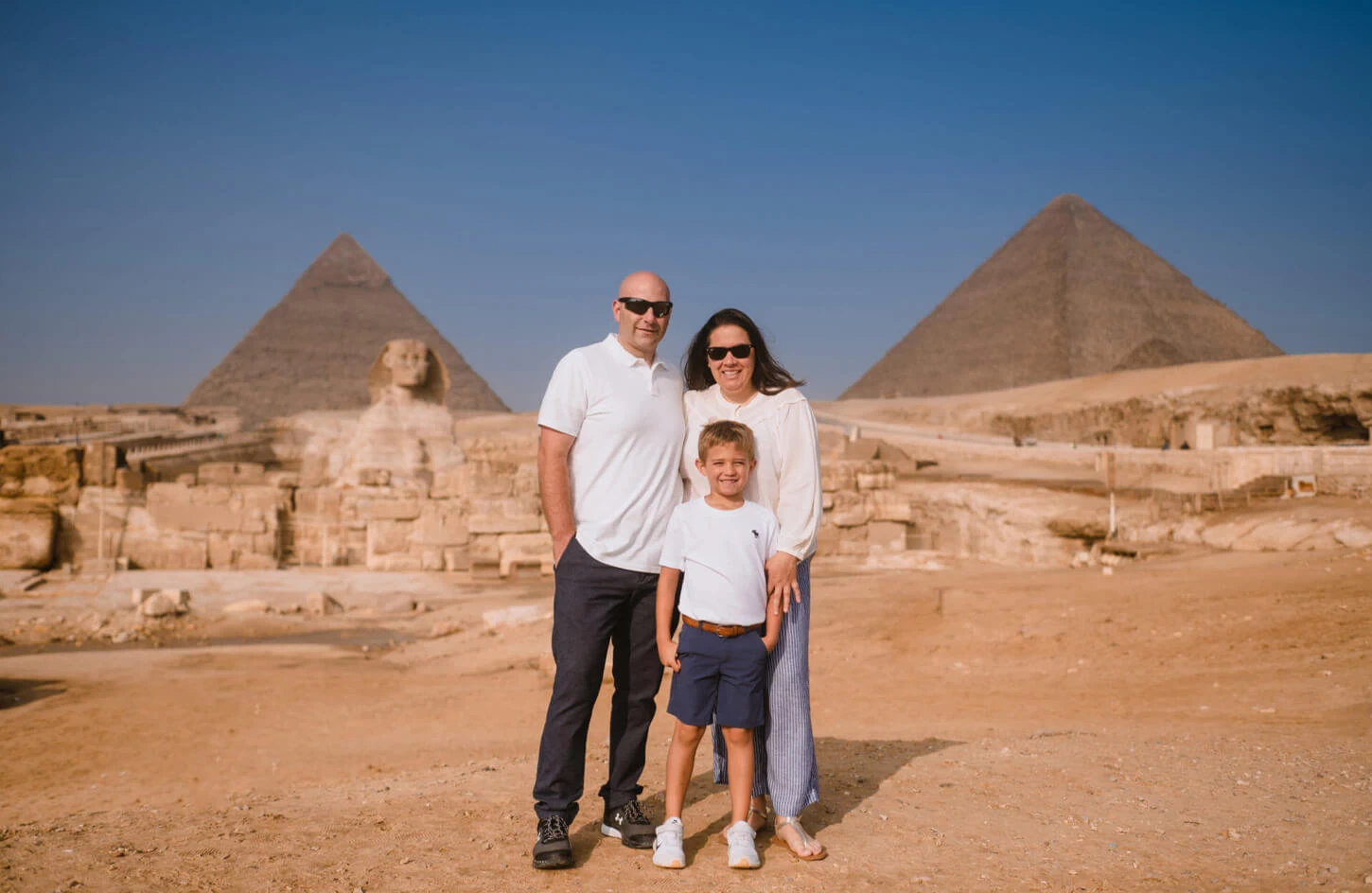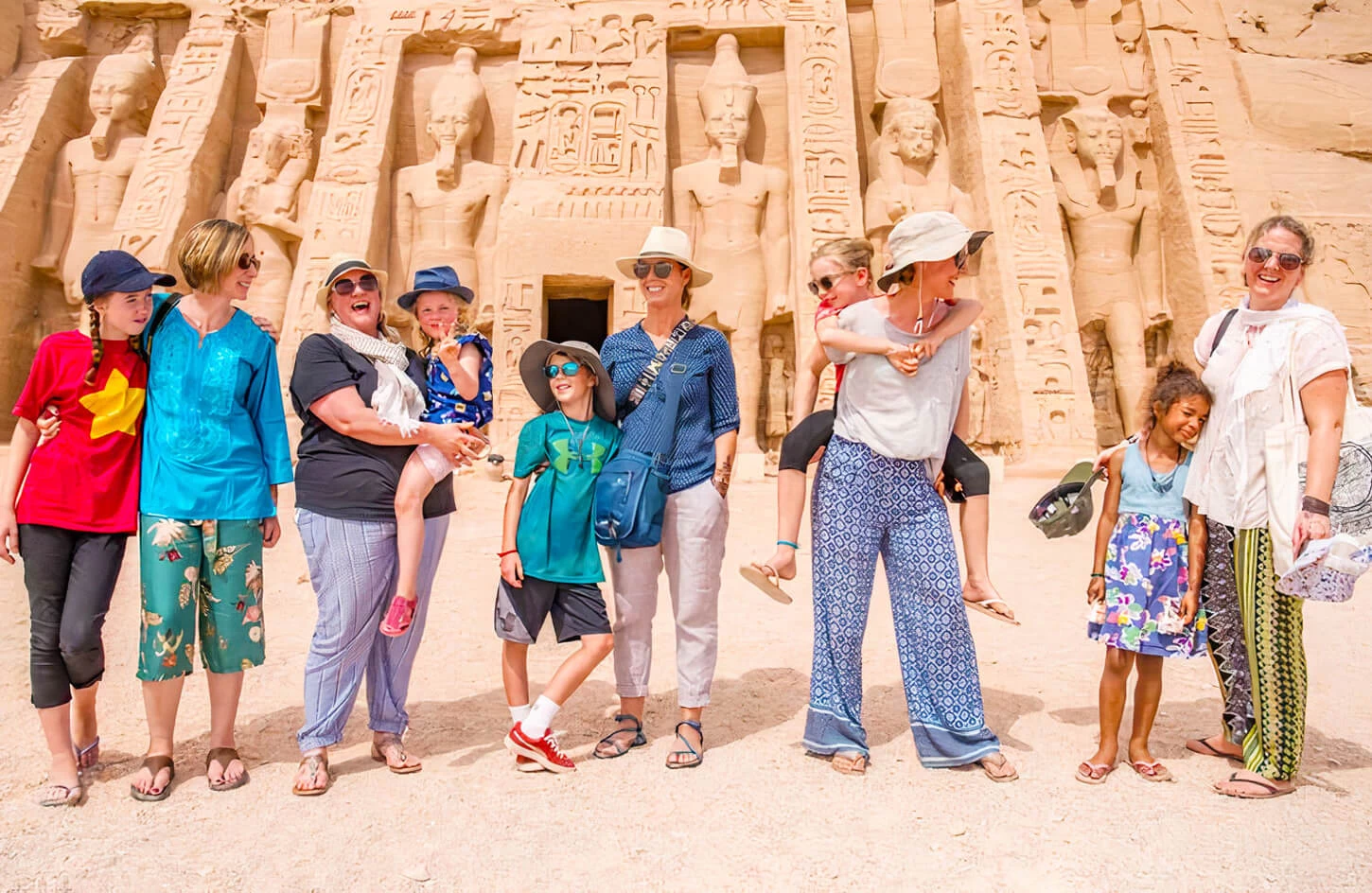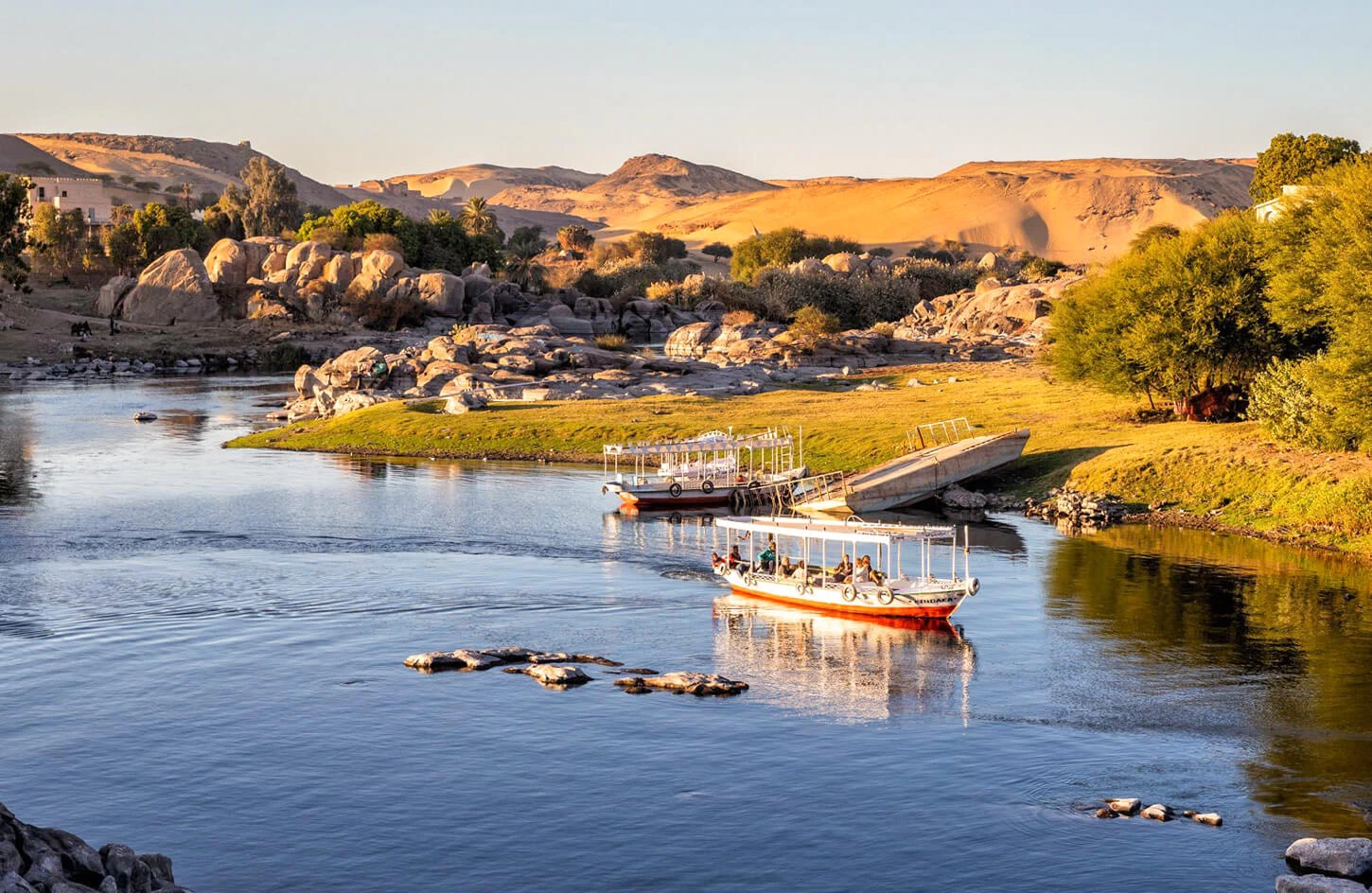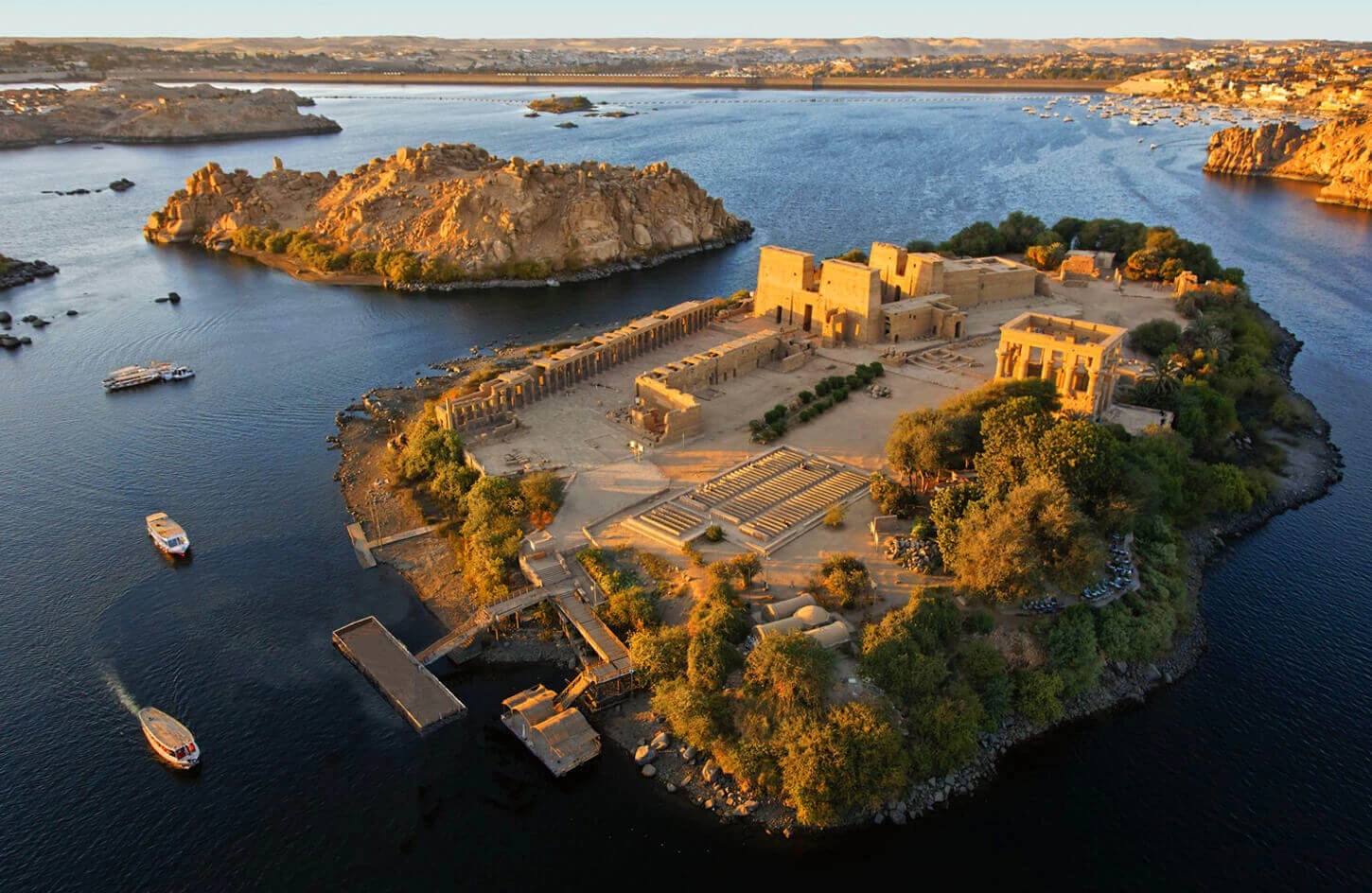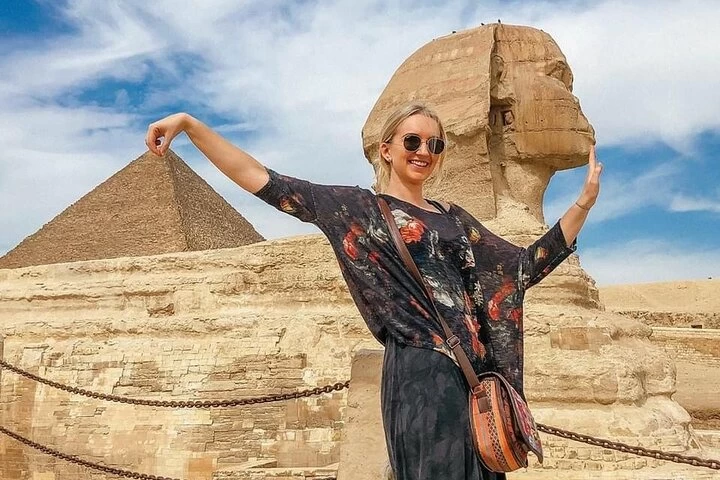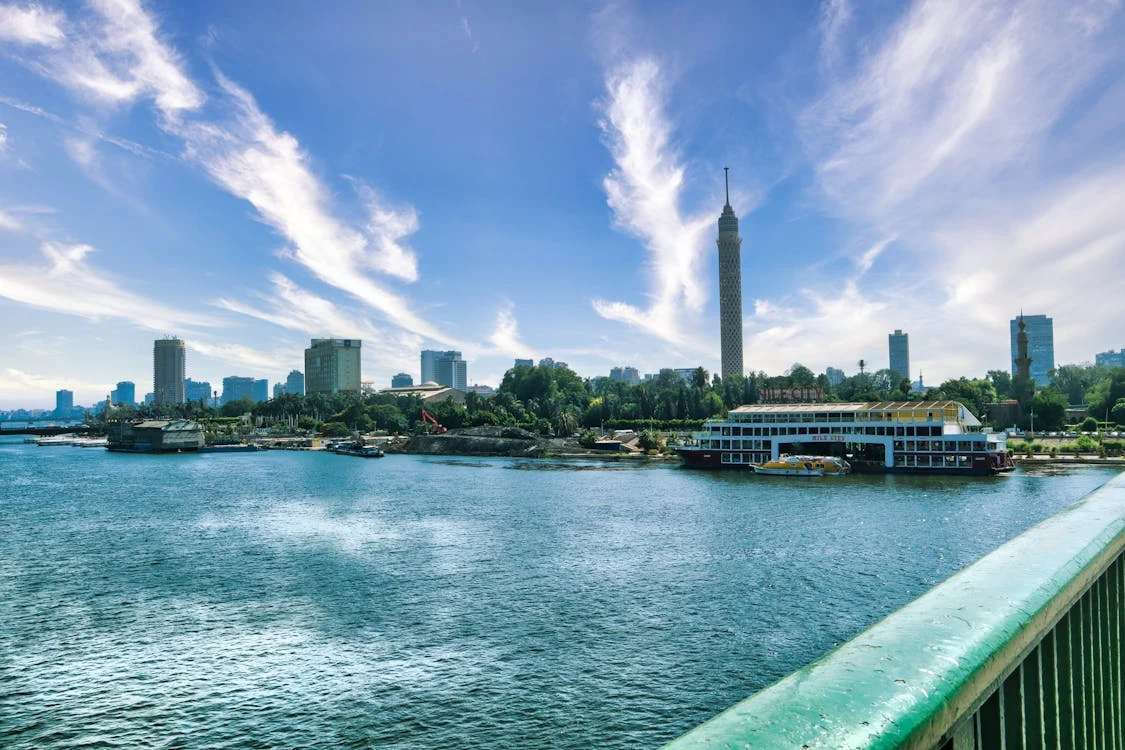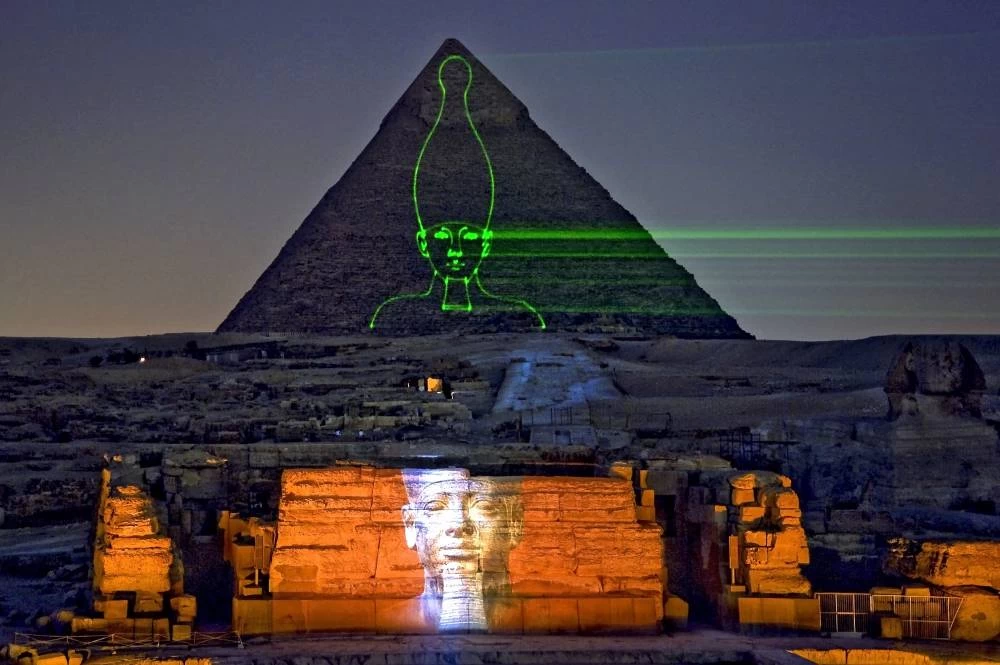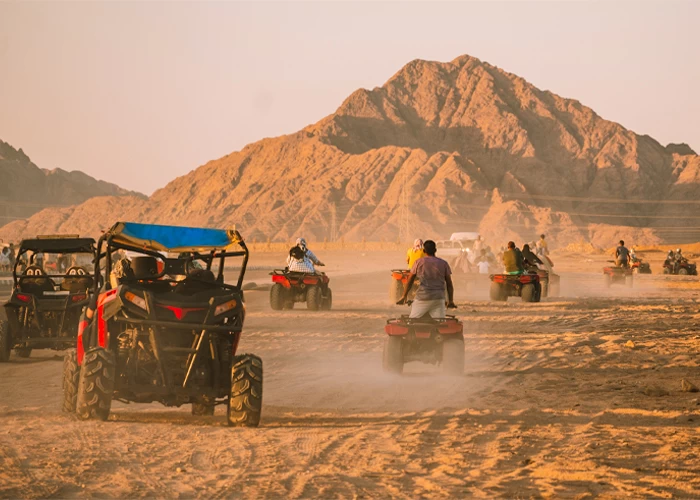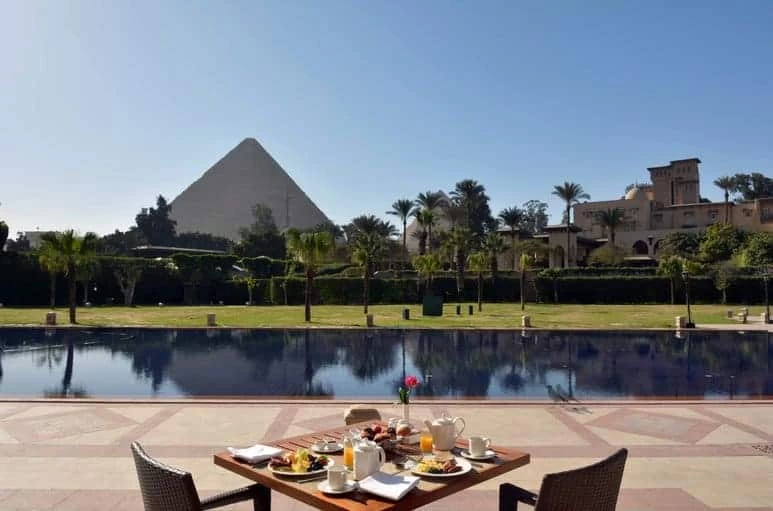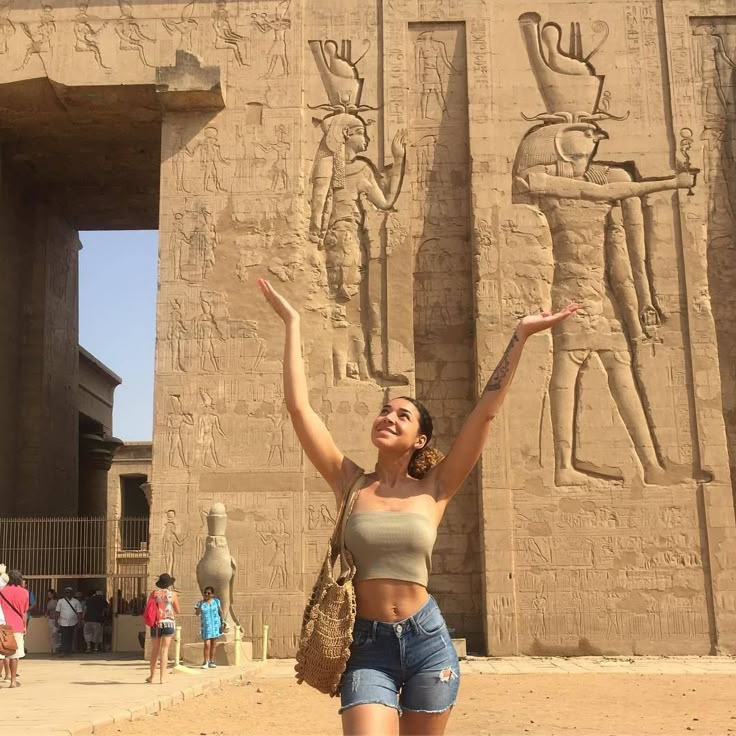Lake Nasser
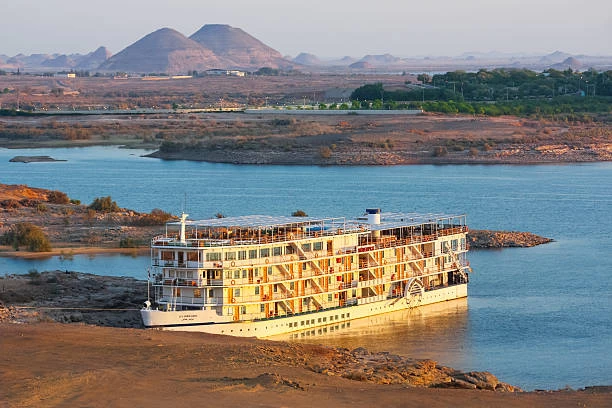
Lake Nasser is one of the world’s largest man-made lakes, stretching across southern Egypt and into northern Sudan. Created in the 1960s after the construction of the Aswan High Dam, this vast reservoir is not only an engineering marvel but also a destination rich in culture, wildlife, and adventure. Whether you’re a history buff, a nature lover, or an adventure seeker, Lake Nasser offers something unique for every kind of traveler. With so many things to do in Lake Nasser, from fishing to cruising, the region is a true hidden gem.
The Origin and Significance of Lake Nasser
The history of Lake Nasser is deeply tied to Egypt’s modern development and ancient heritage. Lake Nasser came into existence following the construction of the Aswan High Dam between 1958 and 1970, aimed at flood control of the Nile, enhancement of irrigation, and production of hydroelectric power. The lake was named after Egypt’s second president, Gamal Abdel Nasser, who strongly advocated for the dam project. Covering an area of about 5,200 square kilometers and approximately 550 kilometers long, it has a significant impact in terms of Egypt's water supply and agricultural activities. Apart from its significance, Lake Nasser is the hotspot for tourism, fishing, and environmental studies.
In addition to its practical uses, the lake has become a focal point for environmental and ecological research as scientists continually monitor the impact of these studies on the ecosystem and water table. Its formation has also led to different regional dynamics in which Nubian communities have had their traditional lifestyles altered, villages, and archaeological sites were relocated.
World-Class Fishing Destination
Lake Nasser is nirvana for fishing. The lake is very famous for Nile perch, weighing sometimes above 100 kilograms. Other catches include catfish and tigerfish. The remote site of the lake, its calmness, and the absence of commercial fishing make it an ideal place for both amateurs and those who can consider themselves experts.
Fishing safaris are anything from one day to over a week, with houseboats and floating camps offering accommodation right on the water. The guided fishing tour provides everything, including local knowledge, tackle, and meals, for easy fun. Anglers cherish not only the abundance of fish but also the quiet and remoteness, away from the buzz of Egypt's well-trodden tourist areas.
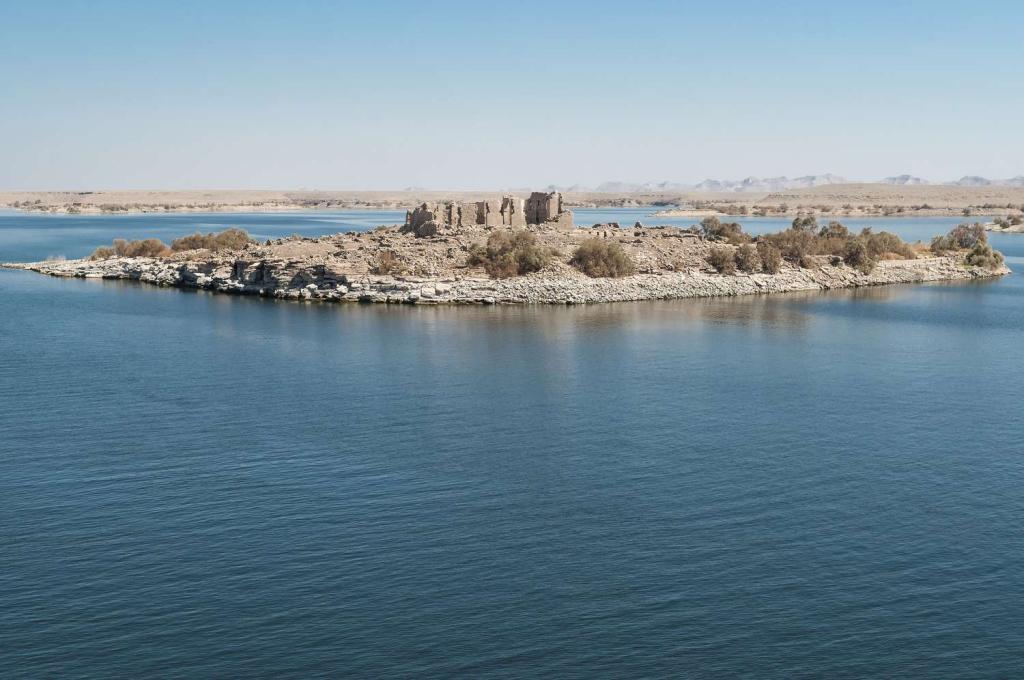
Lake Nasser Cruises and Ancient Temples
A cruise on Lake Nasser is undoubtedly one of the most unforgettable experiences. These cruises usually begin at Aswan and end at Abu Simbel and are an alternative to the more popular tours. The cruises will make a stop at such grand relocated temples as Kalabsha, Wadi El Seboua, and of course, the splendid Abu Simbel Temples.
Besides the temples that were there, many cruises are equipped with cultural programs on board that include Nubian music and traditional food, thus touching upon the heritage of the region. Such a personalized experience is enriched by smaller cruise vessels that welcome professional guides sharing thorough historical knowledge.
Rich Wildlife and Bird Watching Opportunities
Amid the calm beaches and islands of Lake Nasser, there is an astonishing variety of wildlife that can sometimes be presented to visitors, such as Nile crocodiles, desert foxes, monitor lizards, and many migratory and resident birds. Birdwatchers will particularly enjoy spotting some of the few species that include African skimmers, pink-backed pelicans, and goliath herons.
For the more adventurous, boat trips or guided eco-tours can be taken around Lake Nasser. Some islands are sanctuaries for endangered species and, as such, can only be visited with a guide. The lake is starting to make a name for itself as a top destination for eco-tourism in Egypt.
Cultural and Archaeological Significance
Lake Nasser is full of cultural treasures: besides Abu Simbel, it has lesser-known archaeological sites that are just as intriguing, such as the temples of Beit el-Wali, Dakka, and Amada. The temples were relocated block by block to safer ground in the 1960s to prevent them from sinking following the construction of the dam.
These monuments testify to international cooperation and the effort to conserve a part of humankind's common heritage. Egypt worked with UNESCO and several countries during the 1960s to save and relocate these temples, ensuring their beauty could be appreciated by generations to come.
Exploring the cultural countryside around Lake Nasser allows one to gain insight into Nubian heritage and its contribution to the identity of Egypt. Local communities preserve older traditions of crafts, music, and cuisine, making for an authentic exposure to the culture of the region.
Lake Nasser is much more than a reservoir; it is a hub for history, nature, and adventure activities. From sipping wine and cruising its sparkling waters to exploring ancient temples or fishing for Nile perch, this majestic lake offers guests an array of unforgettable experiences. The region stands in vivid contrast between past and present, between desert and water, between solitude and discovery. Lake Nasser, with its blend of natural beauty, history, and culture, should be given priority on any Egypt itinerary. The best time to visit Lake Nasser is during the cooler months between October and April.
Ready to explore Lake Nasser? Book your guided Lake Nasser cruise or fishing safari with Egypt Day Trips, and experience Egypt like never before! From choosing ancient wonders to wildlife adventures, we will help you plan a trip you will never forget. Contact us today and kick-start this journey!
